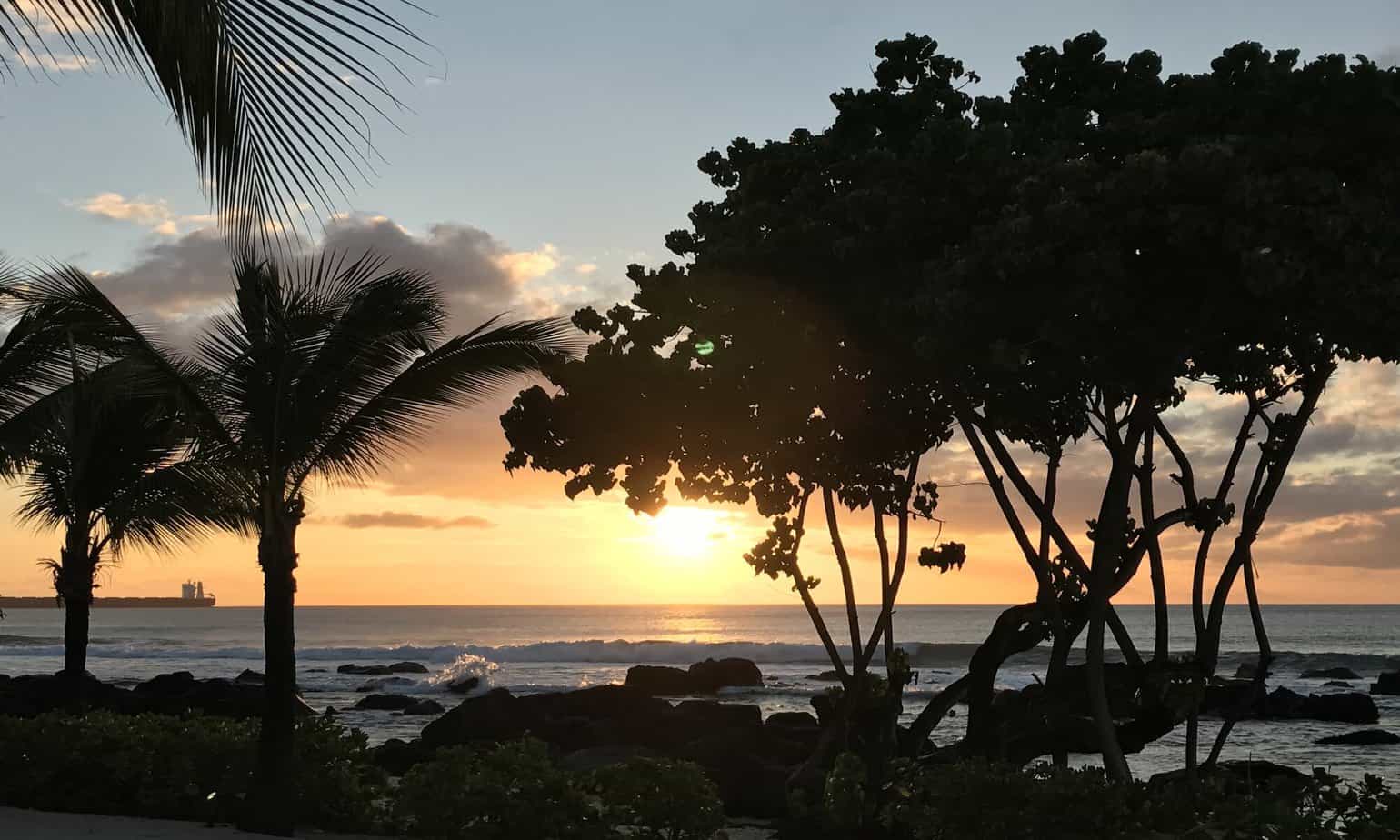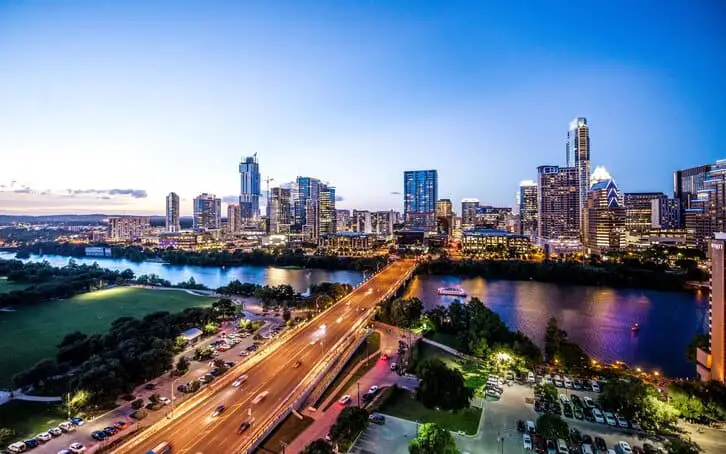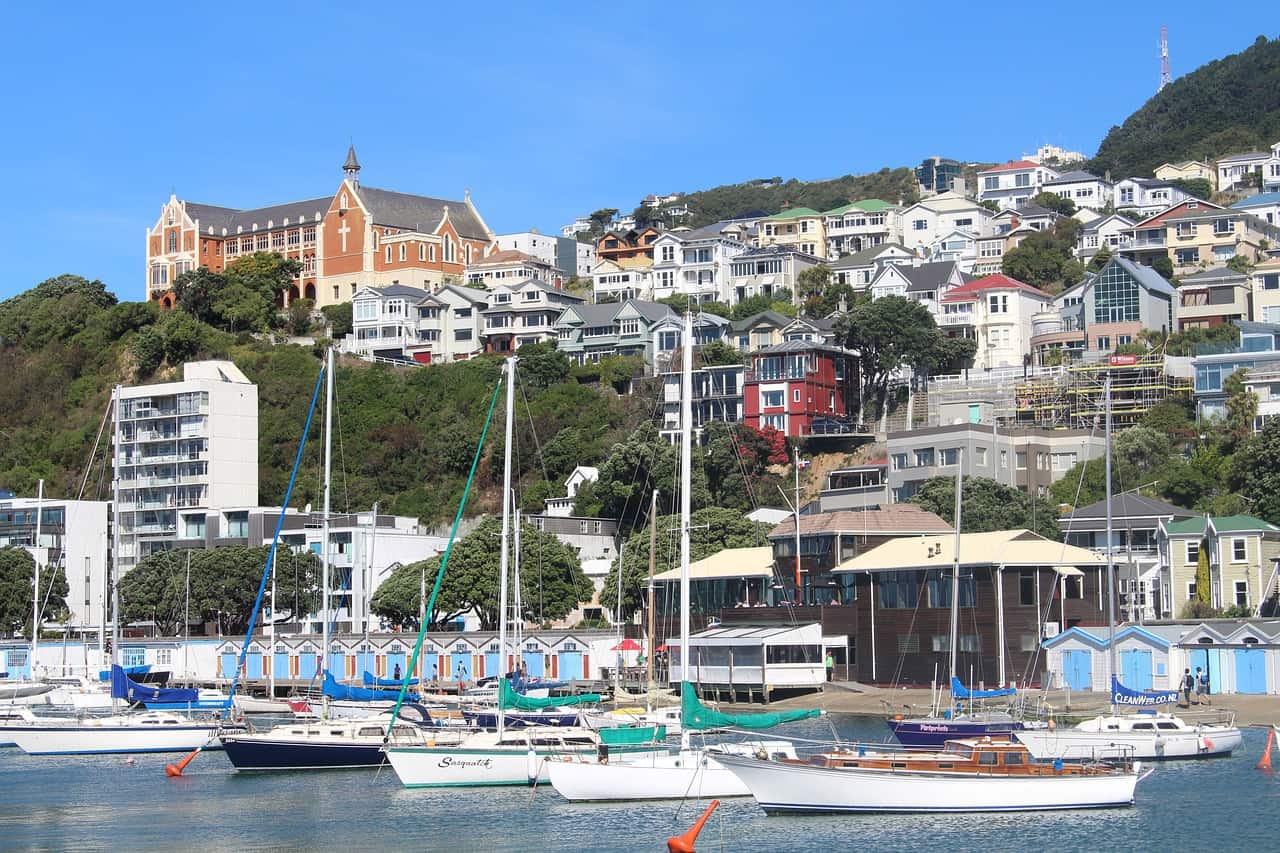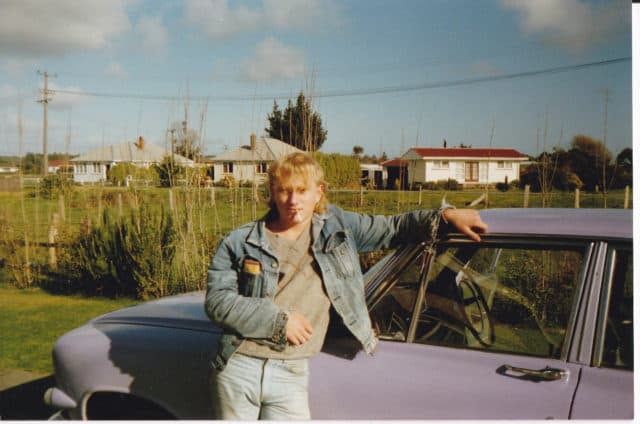Welcome to the Late Starter to FI series!
I am a Late Starter – I did not discover FIRE (Financial Independence Retire Early) concept until I was 47. This was way later, I thought than others who seem to have it all together in their 20s and 30s.
Since I started to write about my own journey, I have discovered there are many more Late Starters like me, yay! It is such a relief knowing I am not alone.
I want to share our stories, our unique perspectives and show that it is absolutely not too late for us.
So in this series, I particularly highlight those of us who start our FI journeys in our 40s, 50s and 60s. And explore questions such as ‘where do we start’, ‘can we still retire early(ish)’, ‘what are the specific challenges for us late starters’. We look at our past, not to castigate ourselves but so that you can learn from us.
Please join in the conversation in the comments below. I encourage you to share your story if you fit the profile of a late starter. You absolutely don’t have to be a blogger or podcaster to share your story.
Please email me at info@latestarterfire.com or connect with me on Twitter or Facebook or Instagram.
And if you’ve missed any previous stories, you can catch up here – Late Starter to FI series
Today’s Late Starter is Caren from Austin, Texas who still chooses to work even though she is technically financially independent. This is her story.
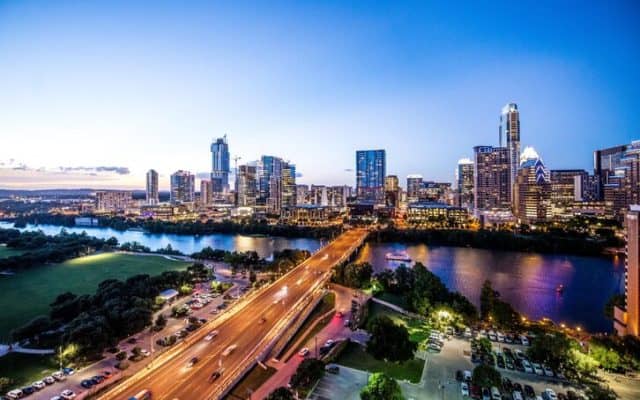
A little about me
My name is Caren and I’m the author of Funding Happy – a blog about intentional spending and FIRE for women over 40. I just moved to Austin, Texas from California with my husband and two rescue pups, where I have lived since 2006. Originally, I’m from Toronto, Canada.
I just turned 50 this year (my first and hopefully last COVID birthday) and I call myself quasi-retired. I still consult part time for a large tech firm in the Bay Area, and I run two websites – The Fit Habit (a wellness website for women over 40) and Funding Happy. You can also find me on Instagram and Twitter, although I try to limit social media these days.
My Introduction to FIRE
The first time I heard about the FIRE movement was in early 2017. I had just downloaded Tim Ferriss’ latest podcast to listen to on my hour long commute home from work and it happened to be his interview with Mr Money Mustache. That interview changed the trajectory of my life, as it has done for so many others 🙂
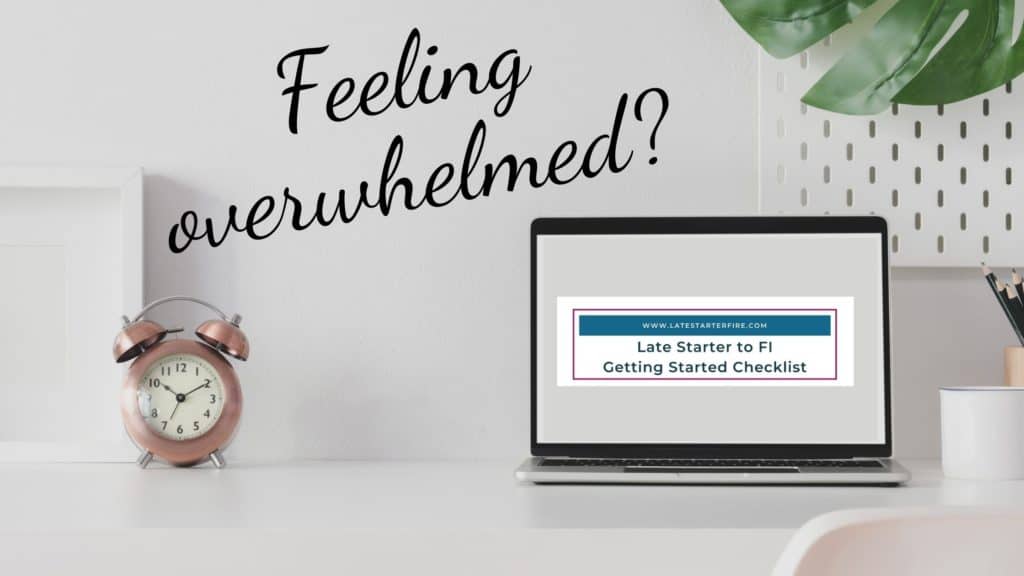
Feeling Overwhelmed?
Use this FREE Checklist to start your journey to Financial Independence
The Concept of Money vs Time had been Brewing
The Tim Ferris interview wasn’t my first realisation that money was a tool for freedom (rather than more stuff). I was recently reading some personal journal entries from late 1999 and even then, in my late 20s, I was questioning the value of working at a job I hated just to buy more stuff to make yourself feel better. So the awareness has been there for a long time. I just didn’t have the vocabulary, vision or role models that I have now.
After listening to that first podcast, I consumed everything I could about FIRE. I was less interested in the tactics of budgeting and investing and more interested in the personal stories and possibilities.
I found myself drawn to the energy of this community which is generous, inclusive and exudes an energy of ‘enoughness’. By that, I mean that we are a community that celebrates having enough and being enough, just as we are. That sentiment brings me so much peace.
Where My FIRE journey started
At the time that I discovered FIRE, my husband and I were both making substantial Bay Area salaries, but we weren’t conscious about saving. We had just purchased a $1.2 million dollar ‘modest’ home (the Bay Area is one of the most expensive areas in the US), we both drove leased cars (an SUV and a Tesla) and we weren’t actively saving as much as we could.
Because we were high earners, it didn’t take long for us to get to a position of FIRE. We were both making a lot, but we were also working very hard. In addition to my full time job, I had also been blogging for years at this point and my husband had a big job leading a division at a large management consulting company, while also running a side business as well.
We had savings – both emergency funds and longer term savings (401k, IRA etc), but we weren’t optimising any of it. Once I had the possibility of retiring early in my brain, everything changed.

Changing My Money Mindset
Once I knew what I wanted – a work optional lifestyle, I had to examine everything I had been spending money on to date and make some changes. In retrospect, this was challenging because I had to come to terms with all the money I had quite literally wasted on things like $100 yoga pants and $300 hair salon visits.
I started going through my monthly expenses through the lens of what truly made a difference in my quality of life, and what didn’t. Inspired by The Minimalists, I went through a purging phase where I got rid of so much stuff I bought, but never used. I was embarrassed at the amount of stuff I had accumulated that never served a purpose in my life.
That purging process was critical as it’s helped me to naturally question every purchase I made going forward. I now ask myself, will I use this more than once? Is it worth buying new? How will it add to the quality of my life? More importantly – will it be something I’ll later feel bad about when I go through my next purge?
Where We Are Today
At this point, just three years later, we’re technically FI, but not FIRE. Funny, I often call myself FIBTOTBRE – Financially Independent but too old to be Retired Early 🙂
I do consider myself quasi-retired as I no longer work a full time job. I shifted to part time, remote consulting in early 2019 and I work between 15 to 30 hours a week on average. I also still run my two websites. My husband continues to work full time and runs his business on the side.
Technically we are GEO FI
At this point, we could retire completely, mostly due to one very specific reason – last year we sold our Bay Area home and moved to Austin, Texas. The cost of living here is dramatically less, so without a doubt, we could now retire here and live quite comfortably.
However, we’re still not sure that Texas is ‘home’ for us, so we now have to decide if we’re willing to ‘un-FIRE’ ourselves by moving back to California where we’d have to work at least 5 more years (full time) before enjoying the same level of wealth that we have here.
This is one of the most fascinating things about the goal of FIRE. Much like weight loss, it’s not an achieve-it-and-leave-it goal. So many factors can take you out of FIRE, just like so many factors can bump you out of your ideal weight.
You can't put a Price on Peace of Mind
Even though my husband and I still work (both by choice), the feeling of knowing we’re financially secure brings me immense peace of mind. Especially now, with COVID making everything unpredictable – including the economy and job market, it’s incredibly calming to know we’ll be okay.
The Best Time to Start your FI journey is the Minute you Learn about it
While I’m grateful for every opportunity I’ve had in life to earn a good living (especially having come from humble beginnings), I’m even more grateful that I listened to that life changing Mr Money Mustache podcast in 2017.
For without that story in my head, I would never have taken the steps to get where we are today. Our life may have been much different if we didn’t reduce our expenses or sell our home in the Bay Area that cost almost $7000 a month to carry.
I’m grateful because I had the motivation to make a change even though times were good. When the economy is good and money is flowing, we’re generally not thinking about saving and curbing spending. However, because of that choice, I now have the peace to know we’ll be okay, even though we’re facing an economic downturn.

Where We Go from Here
It’s not clear how long we’ll stay in Texas. We both miss our friends and the California lifestyle, although I probably would not move back to the Bay Area as it would mean picking up a full time job again, which I don’t want. My husband still runs a business and wants to do that for the foreseeable future, so we’re here in the US for the next while.
However, I have the good fortune of having British and Irish citizenship (in addition to Canadian and US), so lately I’ve been exploring the option of retiring to the EU. Countries like Portugal are appealing retirement destinations, particularly because of the affordable healthcare and great climate.
Achieving FI After 40
Back to Latestarterfire
Thank you, Caren for sharing your story.
I have been there – the unopened shopping bags in my closet with stuff that I obviously never used or needed. Such a waste of money! And yes, I too now question myself before I buy something, specifically asking if I will feel bad about it at the next purge.
Once again, geo arbitrage is a strategy here – moving from a high cost of living city to a lower cost of living city frees up capital that can be invested or used to reduce debt.
Quasi – retirement is good! Choosing to work (on your passion projects or otherwise) rather than having to work is a fantastic place to be. Good on you for taking action even though times were good then. But I personally don’t think you are too old to retire early – any time before traditional retirement age is early for me 🙂
And I love Caren’s advice about finding a role model you can relate to – I hope that many can relate to the featured stories in this series. Otherwise, please share your story or help me get in touch with a Late Starter you can relate to, who hasn’t shared their story here yet.
In case you missed them, check out other geo arbitrage stories – House of FI, Costa Rica FIRE and “I never want to retire” or Coast FI stories – Contrarian Saver, Professor FIRE
